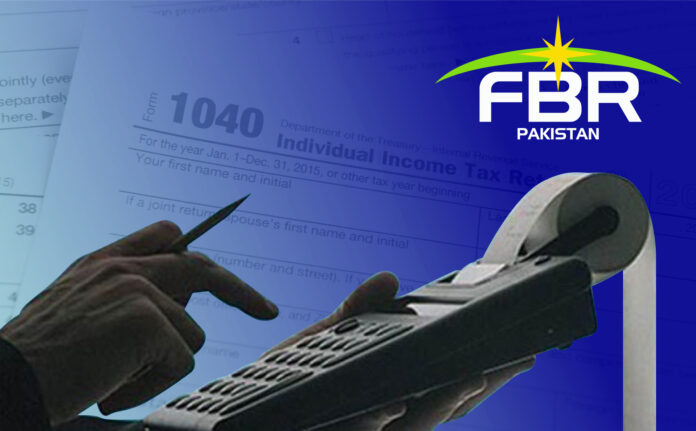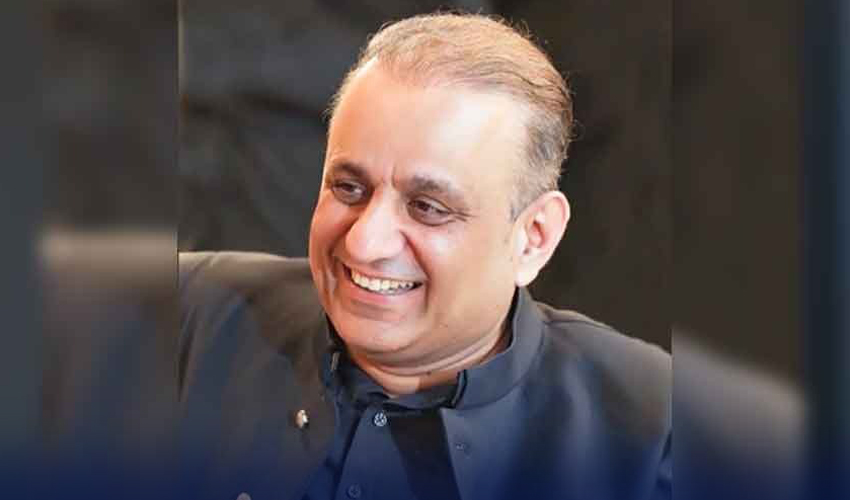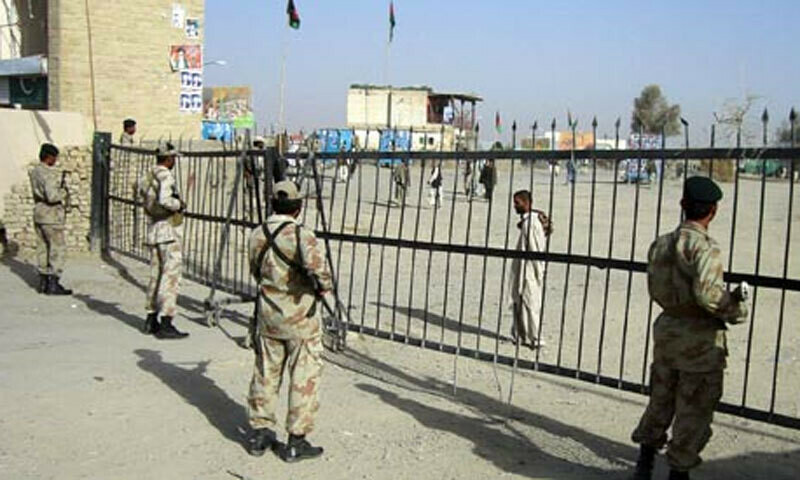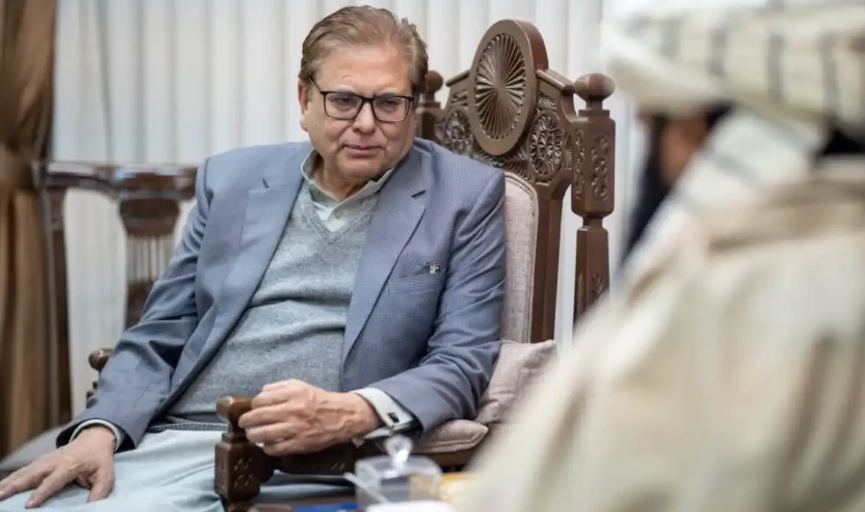TRADE & ECONOMY
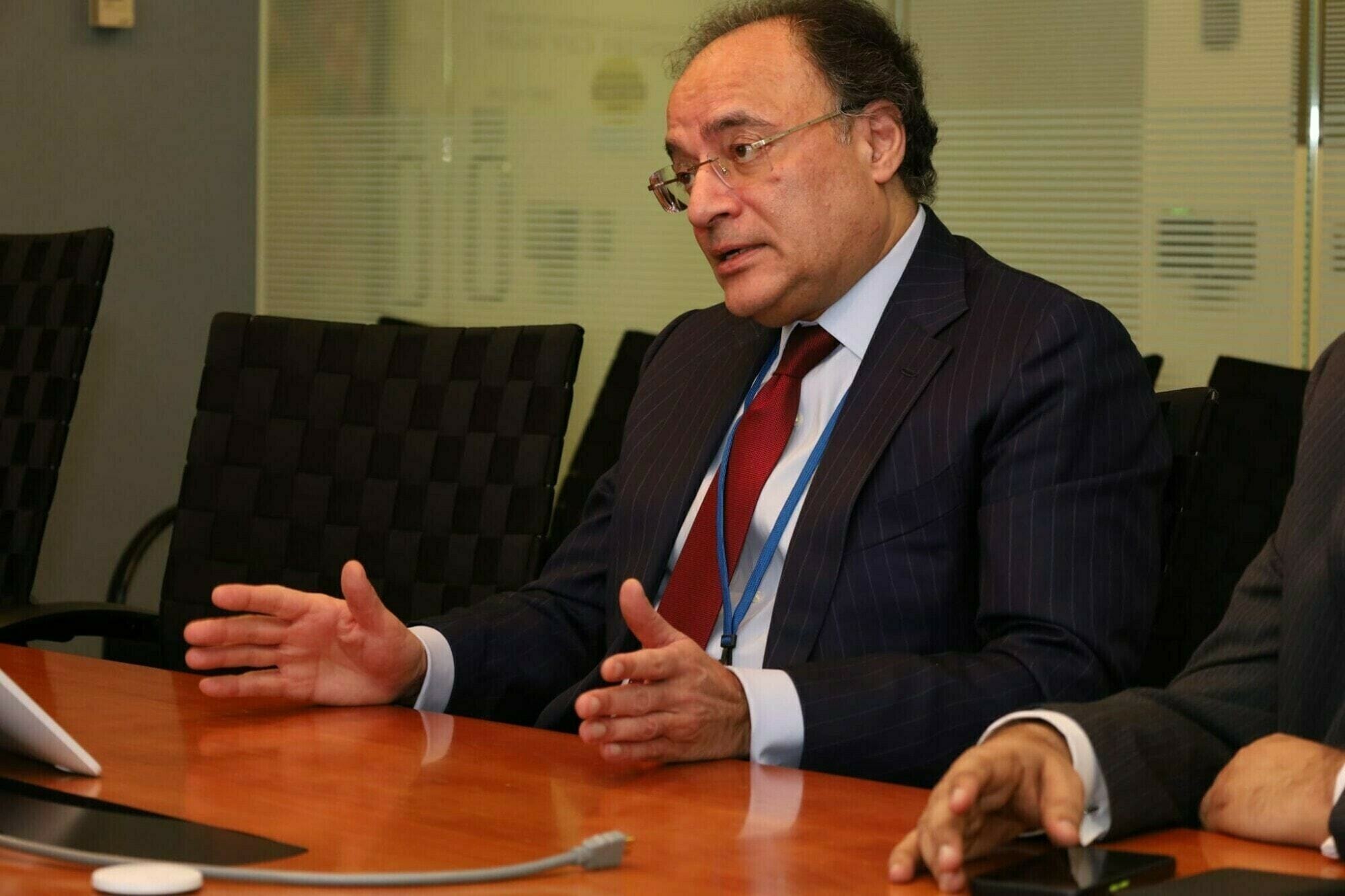
Finance Minister Muhammad Aurangzeb emphasized the importance of continuity in Pakistan’s economic policies, stating that long-term consistency is crucial for sustainable growth, regardless of which government is in power.
Speaking at the Overseas Investors Chamber of Commerce and Industry (OICCI) in Karachi on Saturday, the minister highlighted the need for a "charter of economy," ensuring that economic policies remain stable across administrations. “When we talk about the charter of economy, it does not matter which administration comes in … the government’s role is policy framework but even more important is policy continuity,” he said.
Aurangzeb reported positive investment trends and expressed optimism about the economy's trajectory. However, he urged a transition to an export-led economy to resolve persistent balance-of-payments issues and break the boom-and-bust cycle.
Push for Export-Led Growth
The finance minister called for a paradigm shift, emphasizing that all investments and actions should focus on increasing exports. “If we want economic growth, then it has to be export-led growth,” he asserted.
He also revealed that $2.2 billion in dividends and profits, previously held back, had been repatriated between May and June, adding, “We started on a clean slate this fiscal year.”
Privatization of State-Owned Enterprises
Aurangzeb advocated privatizing loss-making state-owned enterprises (SOEs), which he said drain Rs2.2 billion daily and have caused Rs6 trillion in losses over the past decade. “The private sector has to lead this country,” he remarked, stressing that privatization would improve the country’s fiscal balance.
Under the 2023 SOE policy introduced with International Monetary Fund (IMF) directives, the government aims to categorize SOEs into four groups to minimize financial losses. This includes distinguishing “essential” SOEs critical to government policies from those that can be privatized.
The Cabinet Committee on Privatization approved a phased program in August to privatize 24 public sector entities by 2029. In September, the government decided to retain three entities—the Trading Corporation of Pakistan (TCP), Small and Medium Enterprise Development Authority (Smeda), and Pakistan National Shipping Corporation—as “essential” SOEs.
The Need for Stability
The finance minister’s statements echo sentiments from business leaders and policymakers, including Planning Minister Ahsan Iqbal, who have repeatedly highlighted the detrimental impact of political instability and inconsistent policies on economic progress.
The State Bank of Pakistan also observed earlier this year that political uncertainties and policy inconsistency exacerbate economic challenges despite improvements in macroeconomic indicators.
As Pakistan moves forward with its economic recovery efforts, policy continuity, export-driven growth, and privatization reforms remain central to its strategy for long-term stability and prosperity.
